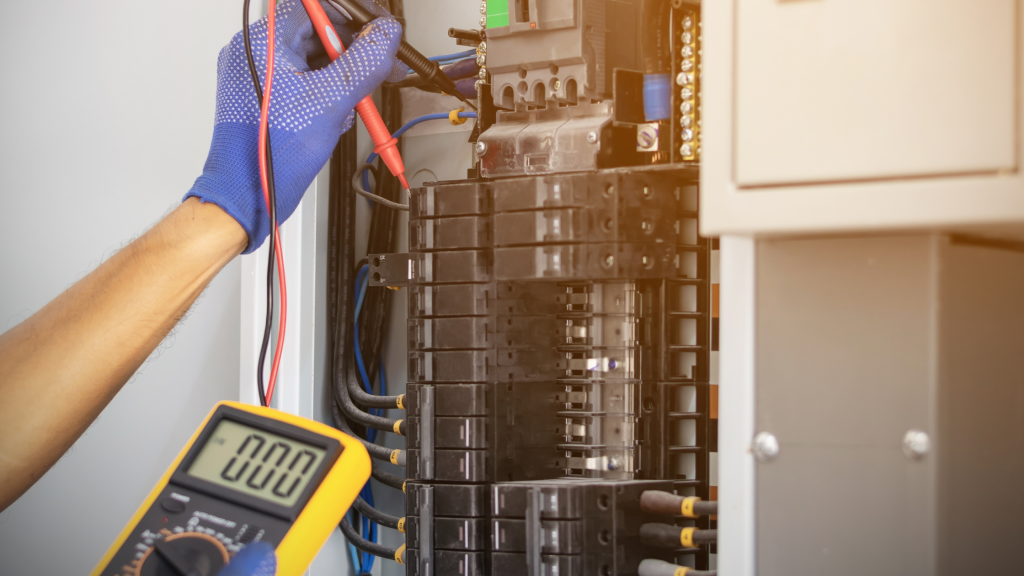Business
The Importance of Periodic Electrical Inspections in Commercial Properties

Electrical systems are the backbone of every commercial property, powering everything from lighting and heating to IT networks and security systems. Yet, despite their importance, electrical systems are often overlooked until a problem arises. This neglect can lead to safety hazards, costly downtime, and even legal consequences. Periodic electrical inspections offer a proactive approach to ensuring commercial properties remain safe, compliant, and efficient.
Safeguarding People and Property
The primary purpose of periodic inspections is safety. Faulty wiring, overloaded circuits, and aging electrical installations are among the leading causes of electrical fires in commercial buildings. Regular inspections help identify these risks before they escalate into serious incidents, protecting both employees and visitors. For businesses, the peace of mind that comes with knowing their premises are electrically safe cannot be underestimated.
Meeting Compliance and Legal Requirements
In the UK, commercial properties are subject to strict regulations, including the Electricity at Work Regulations 1989. Failing to comply not only risks prosecution but can also void insurance policies in the event of an accident. Inspections ensure that electrical installations are tested and certified, providing tangible proof of compliance with health and safety legislation.
As Nely Hayes, Marketing Manager at HEXO Electrical Testing, explains, “Regular electrical inspections are not just a tick-box exercise for compliance. They are a crucial safeguard that ensures businesses remain legally protected, reduces the risk of costly faults, and creates a safer working environment for everyone inside the building.” This perspective highlights that inspections are more than regulatory obligations—they are vital for both risk management and long-term operational continuity.
Minimising Disruptions and Reducing Costs
Unexpected electrical failures can cause significant disruptions to business operations. For example, a server room power outage or faulty machinery can halt productivity, leading to financial losses and reputational damage. Periodic inspections identify weaknesses in the system early on, allowing for timely maintenance and repair. This proactive approach reduces the likelihood of unexpected downtime and often results in long-term cost savings.
Enhancing Efficiency and Sustainability
Periodic inspections also ensure that electrical systems operate at peak efficiency. Faulty wiring, poor connections, or outdated equipment can consume more energy than necessary, driving up utility bills. By addressing these inefficiencies, inspections contribute to both cost reduction and a lower carbon footprint—an important consideration for businesses committed to sustainability
Conclusion
Periodic electrical inspections are a cornerstone of responsible property management in the commercial sector. They protect people, ensure compliance, reduce costs, and improve energy efficiency. By investing in regular inspections, businesses not only meet their legal obligations but also demonstrate a commitment to safety and sustainability. For commercial property owners and managers, the message is clear: proactive electrical testing is not optional—it’s essential.
-

 Celebrity1 year ago
Celebrity1 year agoWho Is Jennifer Rauchet?: All You Need To Know About Pete Hegseth’s Wife
-

 Celebrity1 year ago
Celebrity1 year agoWho Is Mindy Jennings?: All You Need To Know About Ken Jennings Wife
-

 Celebrity1 year ago
Celebrity1 year agoWho Is Enrica Cenzatti?: The Untold Story of Andrea Bocelli’s Ex-Wife
-

 Celebrity1 year ago
Celebrity1 year agoWho Is Klarissa Munz: The Untold Story of Freddie Highmore’s Wife
















